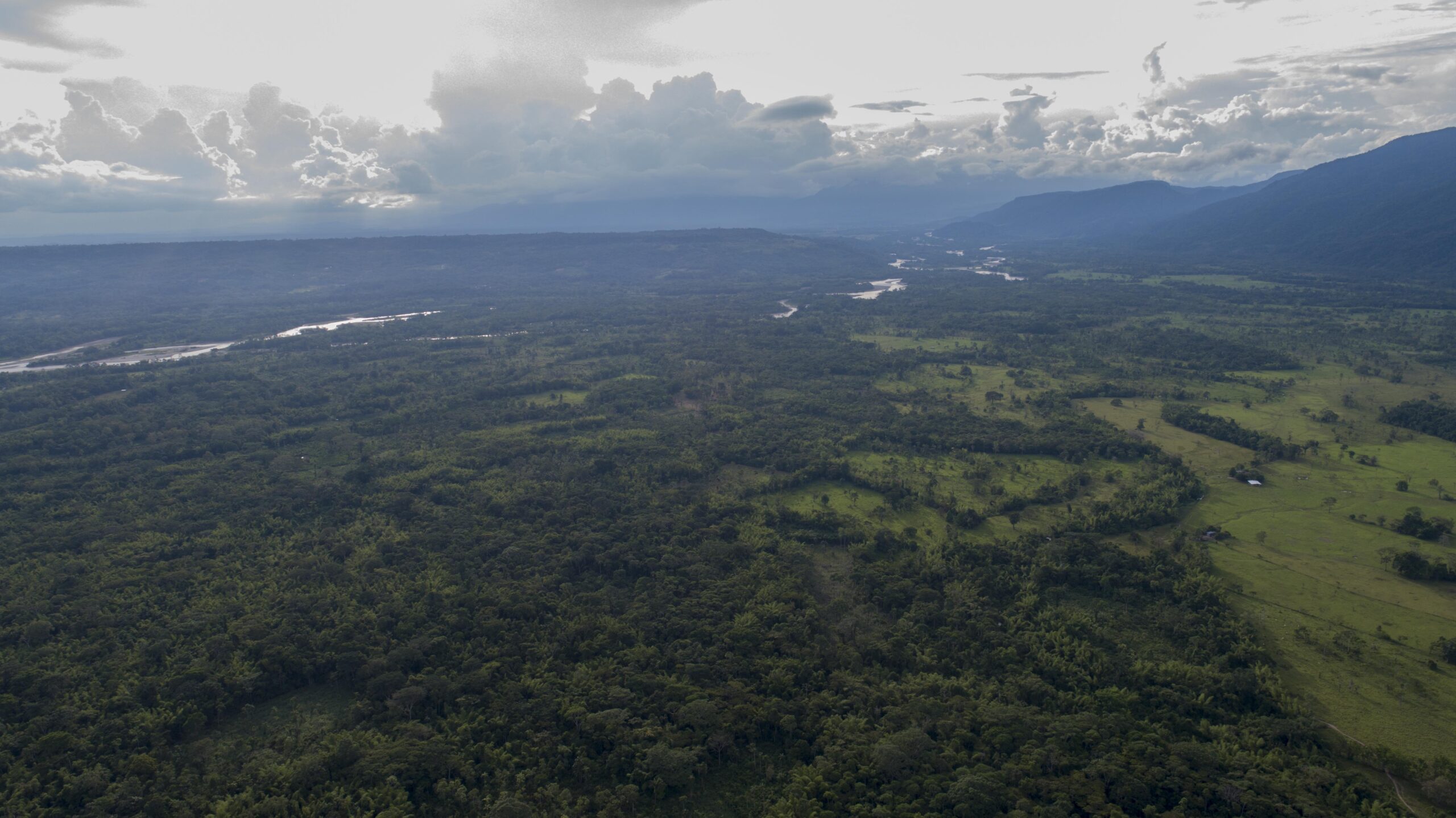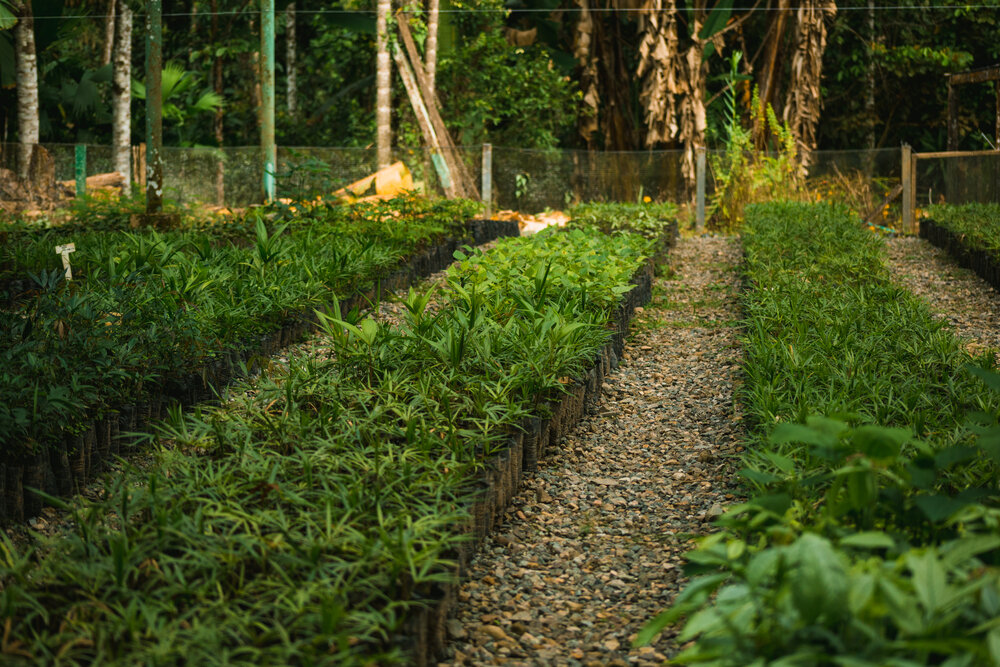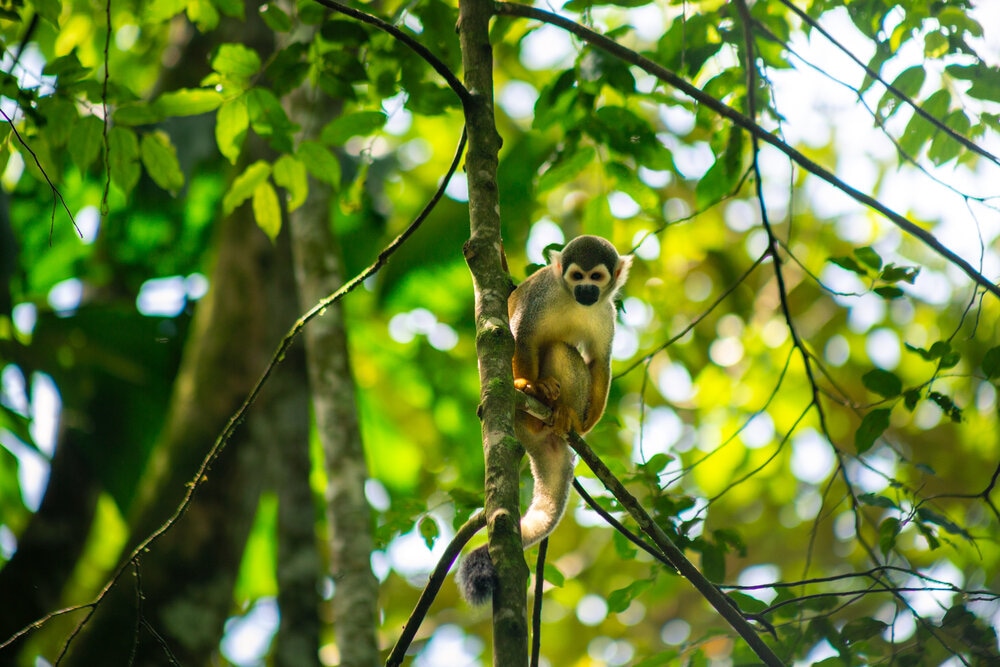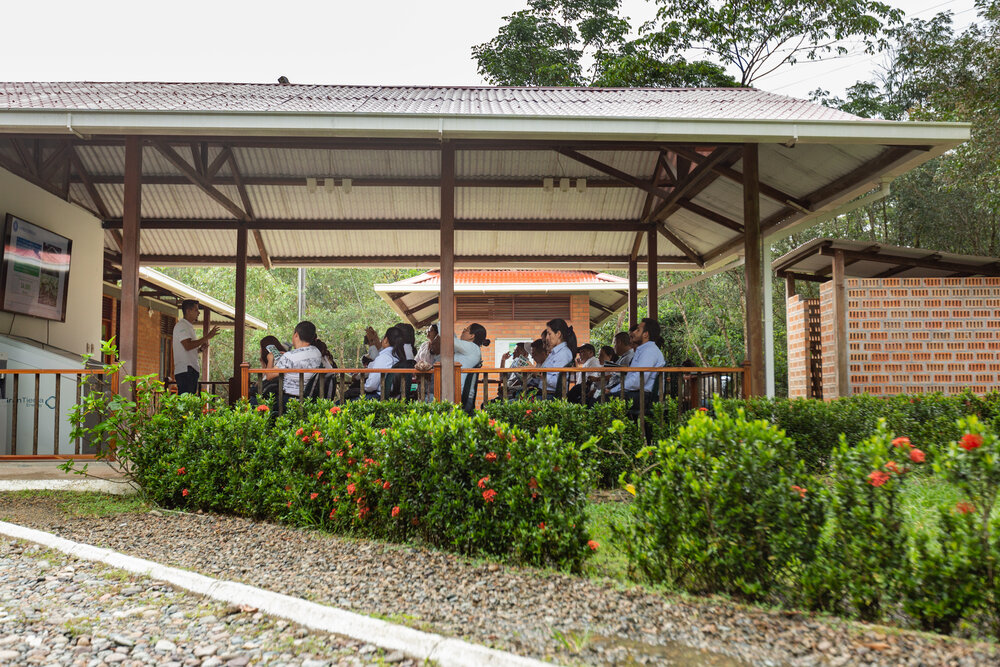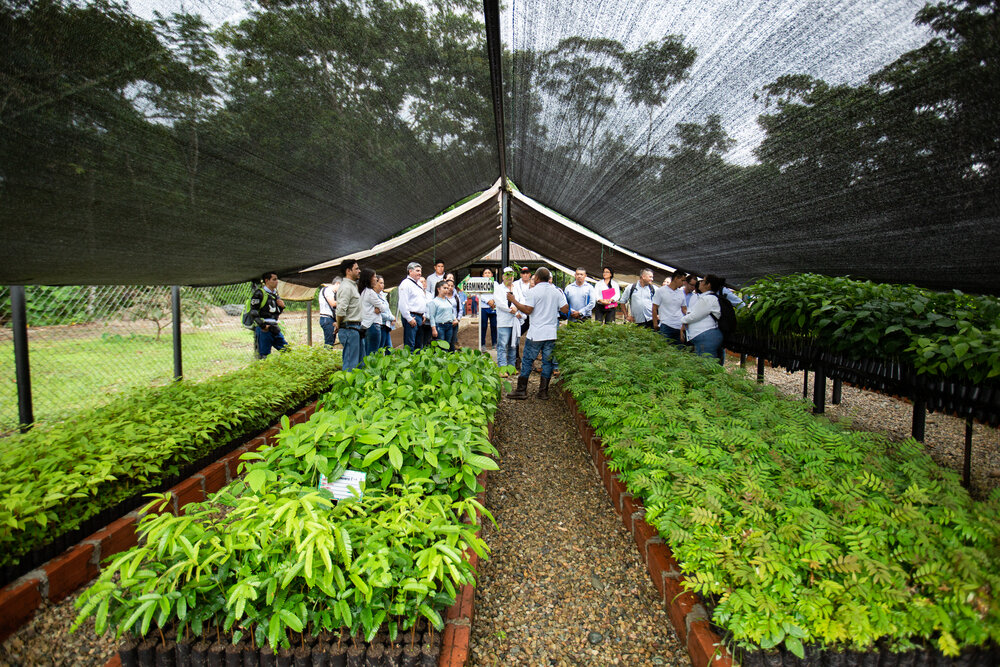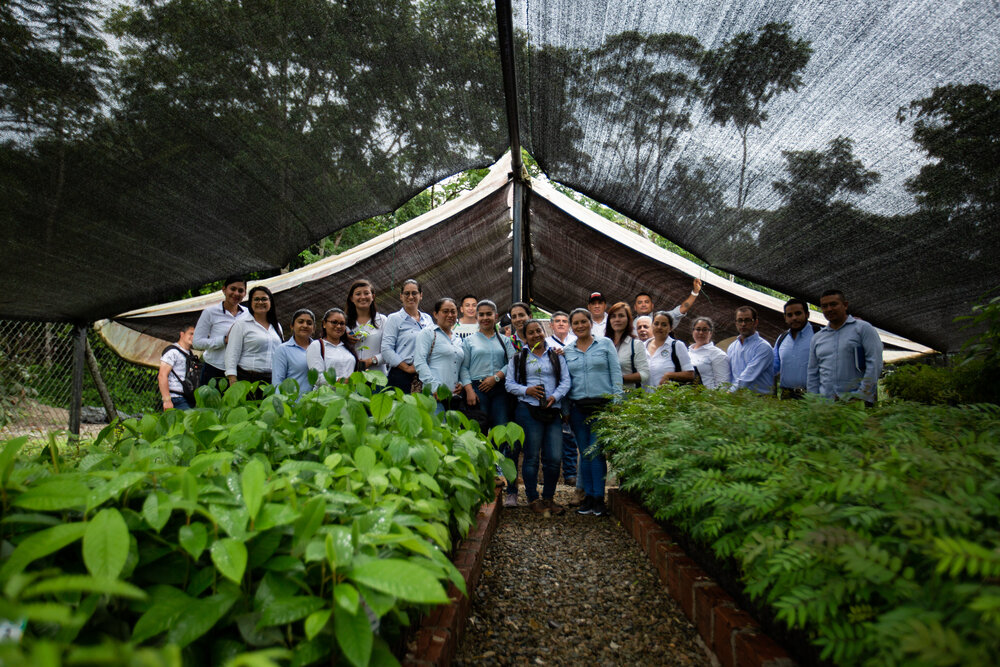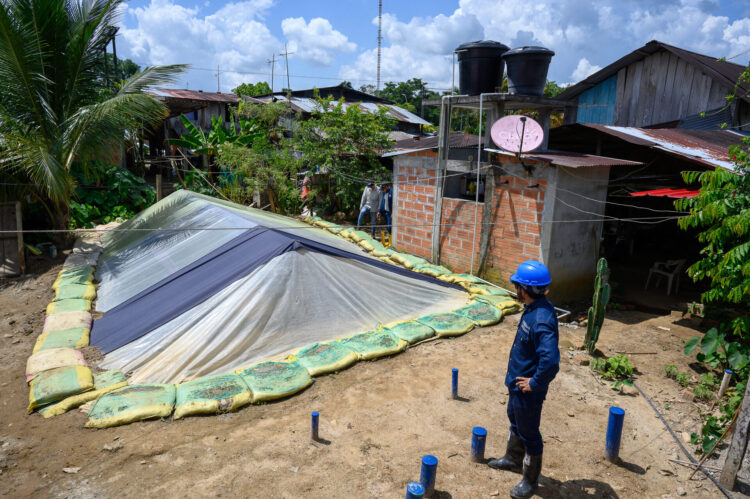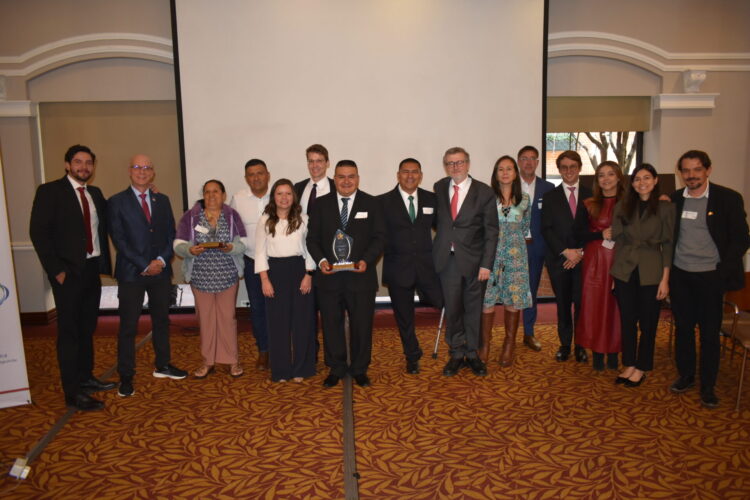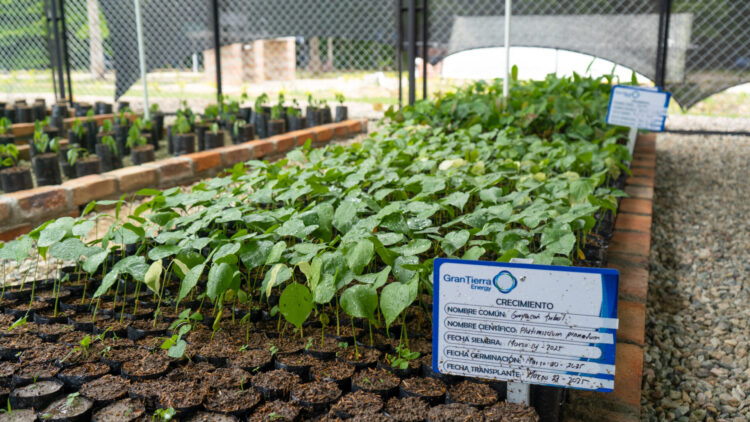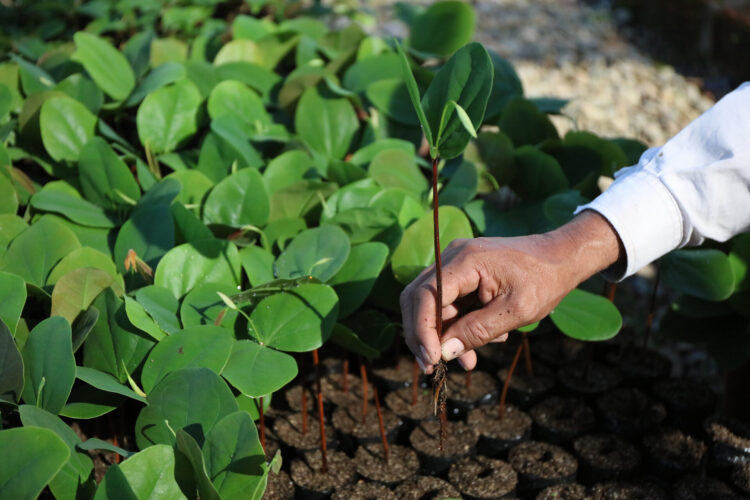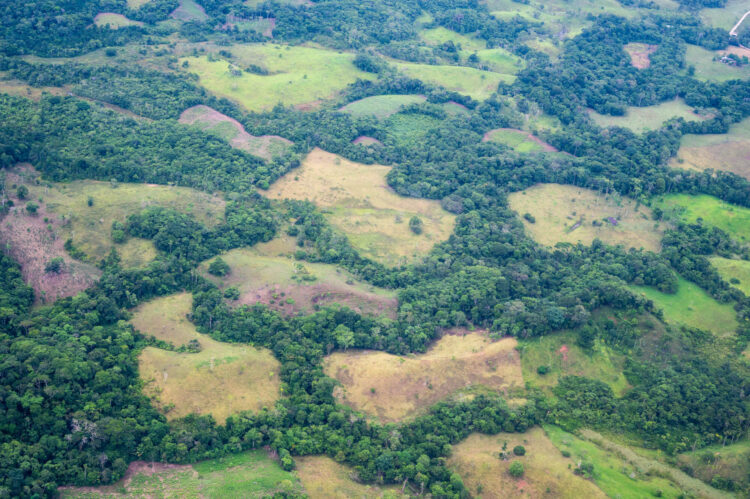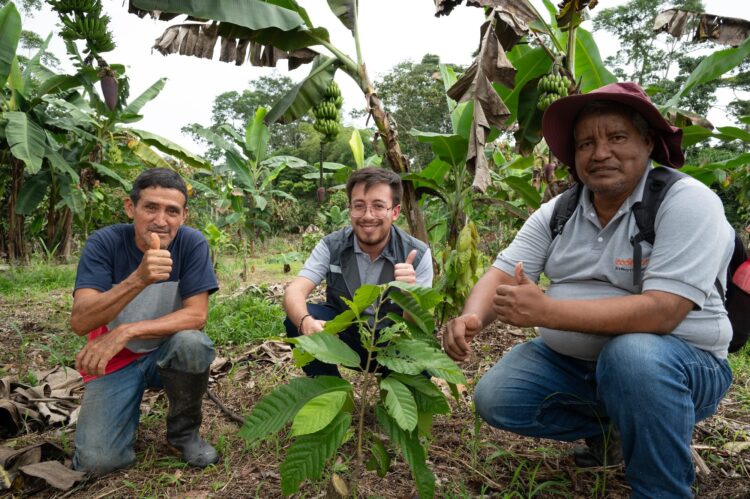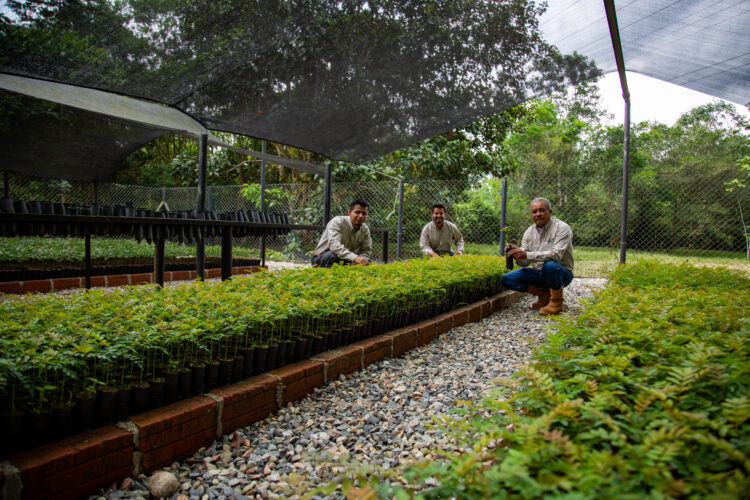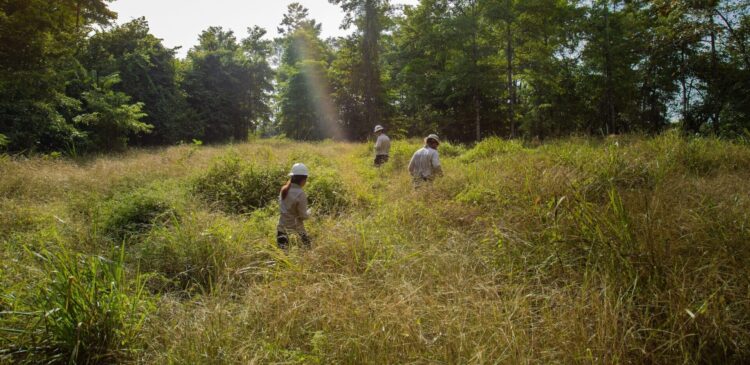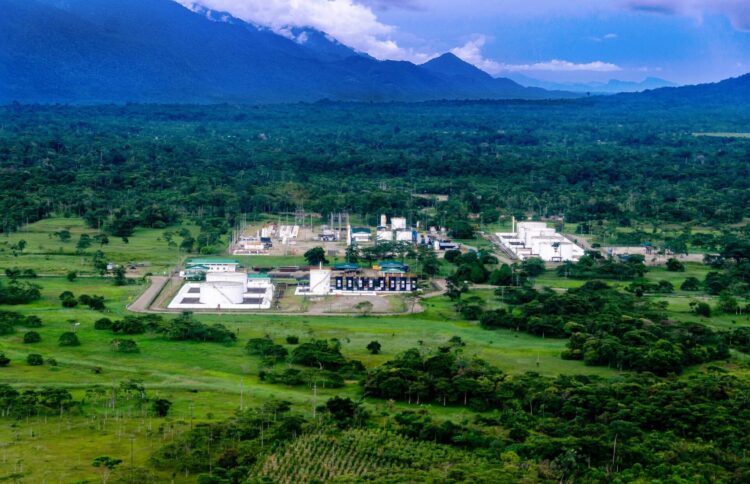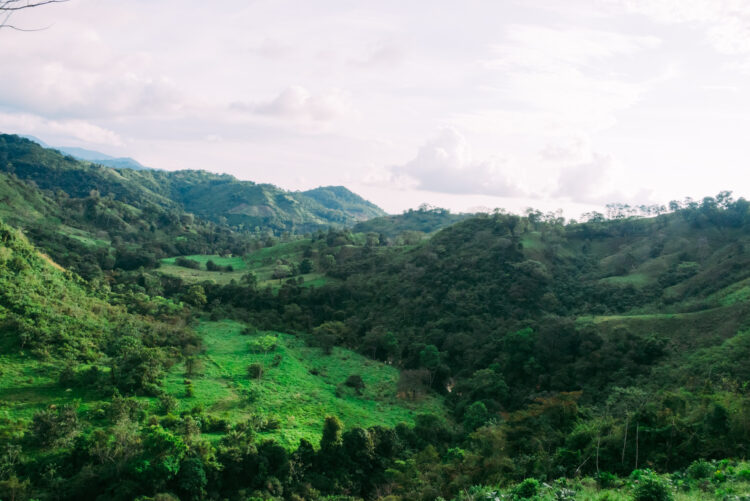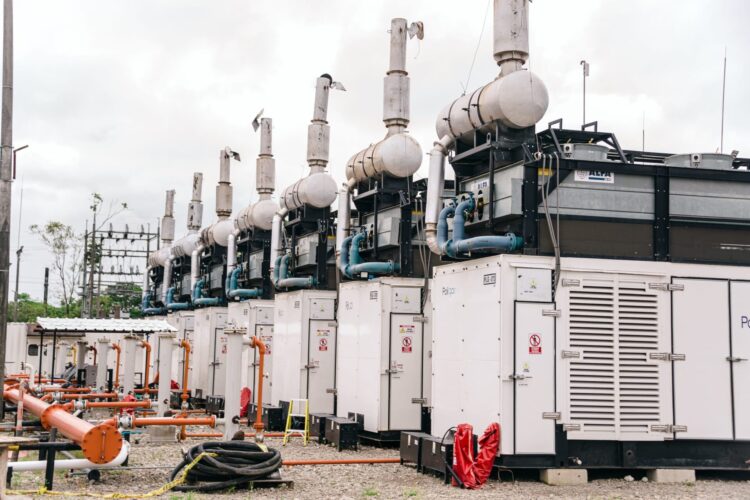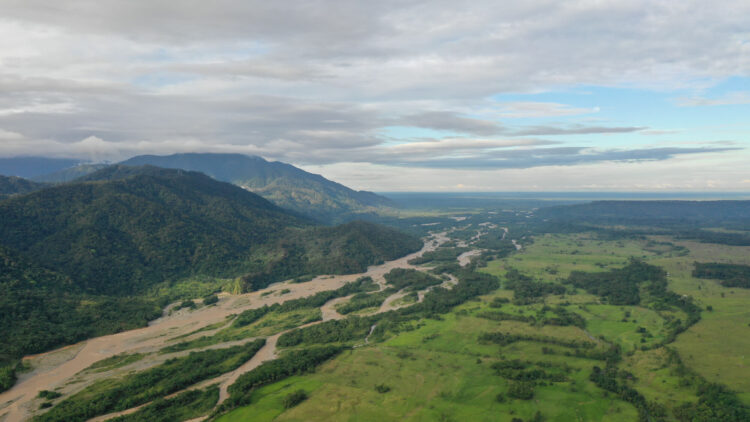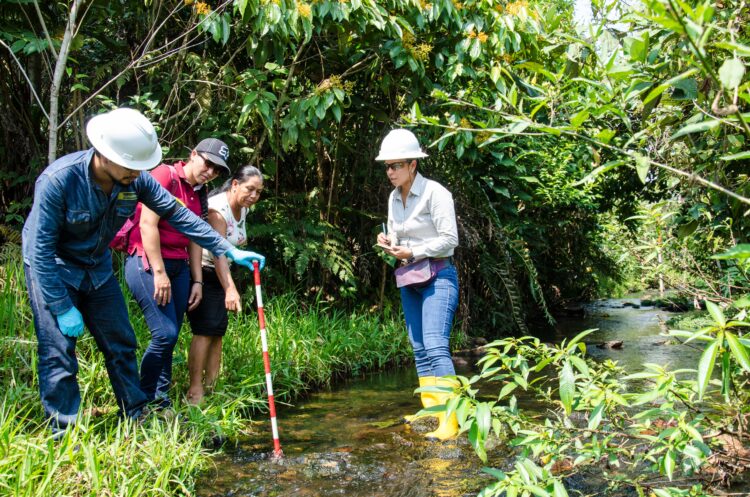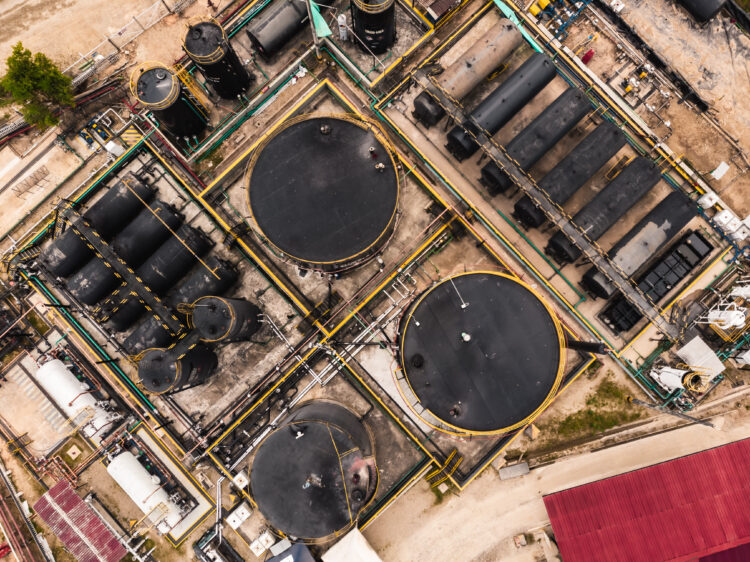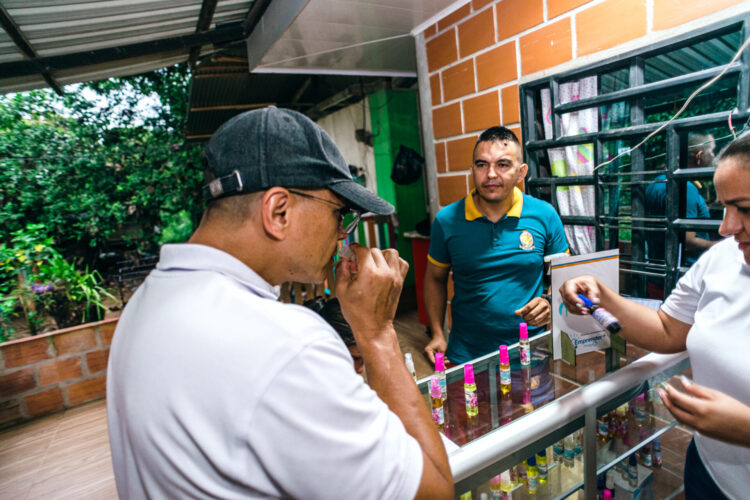GTE plays a role in strengthening industry-wide sustainability efforts through participation in the National Business Association of Colombia’s (ANDI) biodiversity and sustainability initiatives, participating in multilateral partnerships that promote conservation and the advancement of scientific knowledge in the country.
ANDI, Gran Tierra Energy, Corpoamazonia, the National Natural Parks of Colombia, Amazonian Institute of Scientific Research (SINCHI) and the Humboldt Biological Research Institute, have partnered together in an alliance that is focused on ecosystem protection, restoration and connectivity, sustainable development of biodiversity and promoting sustainable development in the region.
The alliance’s accomplishments thus far include:
- Launching an “Open Data on Biodiversity” strategy to showcase how the hydrocarbon sector contributes to biodiversity conservation.
- Creating a public-private partnership to develop joint biodiversity compensation efforts in key areas that connect the Andes and the Amazon. This includes working on land-use planning strategies that support both conservation and sustainable development in the Amazon region.
- Responsible for managing the progress, communication, and successful completion of projects such as ‘Aquatic Diversity in the Interfluvial Area of the Sub-basins of the Putumayo and Caquetá Rivers in the Putumayo Department,’ including reviewing and providing feedback on biodiversity standards issued by the Ministry of Environment and Sustainable Development (MADS).
- Establishing ANDI’s biodiversity office in Putumayo to support public sector efforts, with plans to expand to the Colombian Caribbean region and build new partnerships between Gran Tierra Energy and key allies for projects in the Middle Magdalena Valley.
Transforming Residual Wastewater into Biogas
In many rural Colombian villages, untreated wastewater flows through open sewers, creating serious health and environmental risks—especially during the rainy season. At the same time, limited access to propane forces many households to rely on firewood, contributing to deforestation, air pollution, and causing significant adverse health effects.
To tackle these dual challenges, GTE partnered with Antonio Nariño University and ANDI to install 13 residential-scale anaerobic biodigesters in the Putumayo villages of Carmelita, Puerto Vega, and Remolinos. These systems treat wastewater organically and produce biogas for nearly 40 households and a school, eliminating open sewage while providing energy that can be used for cooking.
This initiative, which satisfies Colombia’s requirement that 1% of project budgets be invested into environmental initiatives, demonstrates how thoughtful design can create lasting environmental, social, and economic impact. Encouraged by the project’s success, plans for expansion to additional municipalities are underway.

